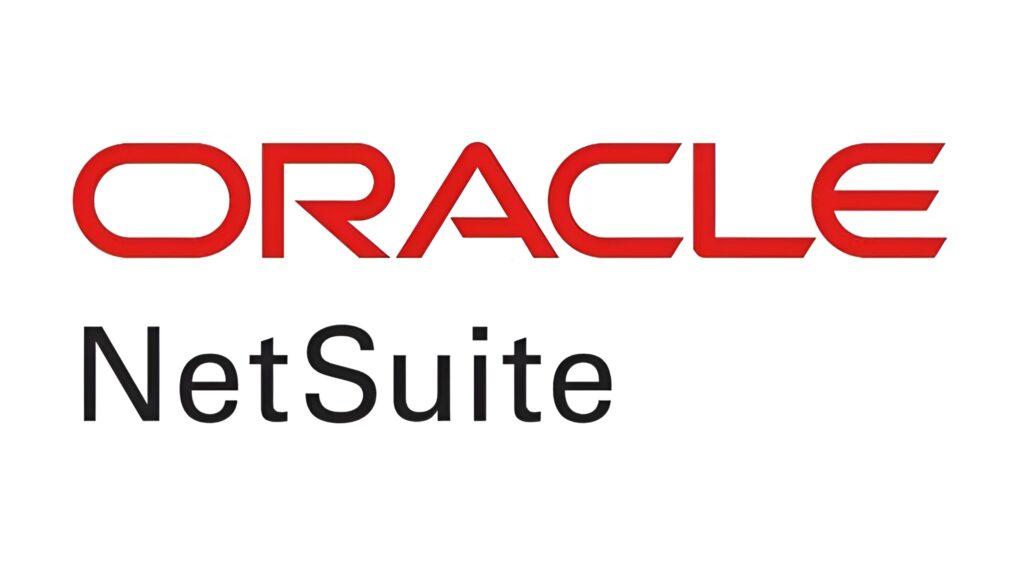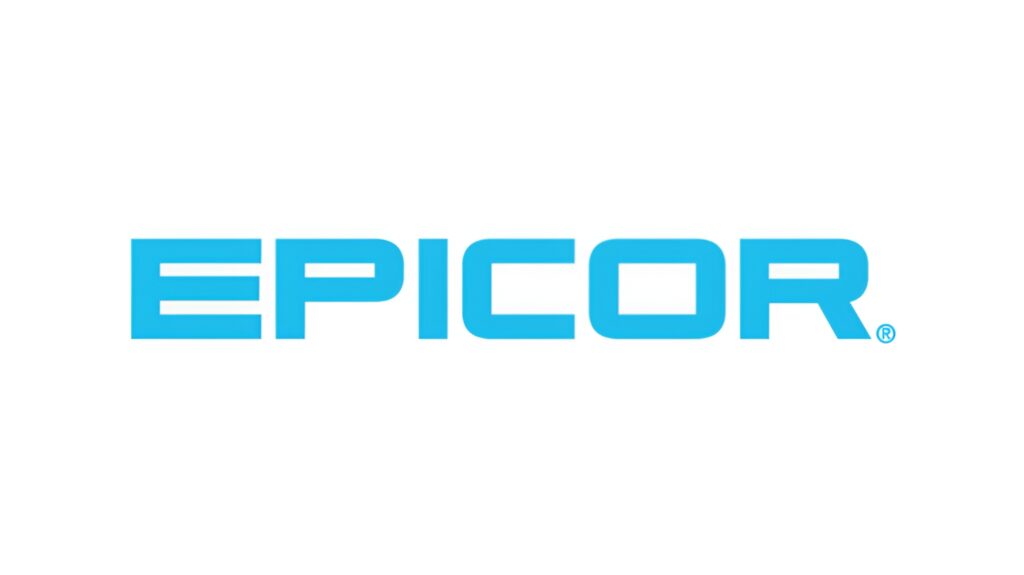Introduction
Enterprise Resource Planning (ERP) systems are crucial in modern inventory management. An ERP inventory management system integrates various business functions, offering a single platform to monitor, track, and manage inventory efficiently.
Effective inventory management is important for businesses to optimize operations and boost profitability. It ensures the right products are available at the right time, minimizing stockouts and overstock situations. Proper inventory control also enhances customer satisfaction by ensuring timely order fulfillment, resulting in growth of business.

What is an ERP Inventory Management System?
An ERP inventory management system is a software solution designed to centralize and simplify inventory-related operations within a business. It integrates inventory control with other essential business processes like sales, procurement, and finance, providing a single platform for managing stock data in real-time.
The primary functions of an ERP inventory management system include tracking inventory levels across multiple locations, ensuring accurate stock records, and preventing stock discrepancies. It helps manage stock movements, from raw materials to finished goods, while automating tasks such as order processing, replenishment alerts, and report generation. This automation lowers manual errors while increasing operational efficiency.
By offering real-time visibility into inventory data, businesses can make informed decisions, minimize excess stock, and avoid shortages. The system is essential for improving inventory control and overall productivity at work.
Read this post on the best inventory management software for small businesses.
Features of ERP Inventory Management
ERP inventory management systems offer a range of powerful features designed to streamline inventory control and improve operational efficiency.
- Real-Time Inventory Tracking: An ERP inventory management system provides instant updates on stock levels across multiple locations, helping prevent stock discrepancies and ensuring product availability.
- Automated Reordering: The ERP inventory management system automates purchase orders when the stock drops below predefined levels, minimizing stockouts and manual intervention.
- Data Security: ERP inventory management software offers advanced security features such as role-based access controls and encryption to protect sensitive inventory data.
- Integration with Other Systems: The ERP inventory management module integrates seamlessly with CRM and accounting software, ensuring smooth data flow and better cross-department collaboration.
Benefits of ERP Inventory Management Systems
- Increased Efficiency: An ERP inventory management system automates repetitive tasks such as stock tracking and order processing, reducing manual errors and improving overall operational efficiency.
- Cost Reduction: Implementing an ERP inventory management system can save huge costs by minimizing stockouts, reducing excess inventory, and optimizing stock levels. Studies have shown businesses can reduce inventory costs by up to 25% with effective inventory management strategies.
- Enhanced Decision-Making: With real-time data analytics provided by an ERP inventory management system, businesses can make more informed decisions regarding stock replenishment, demand forecasting, and resource allocation.
- Improved Customer Service: Accurate inventory data from an ERP inventory management module ensures better order fulfillment, minimizing delays and stock issues, leading to higher customer satisfaction and loyalty.
Automated Inventory Management Systems
Automated inventory management systems are software solutions that help to streamline and automate inventory control procedures, minimizing the need for human tracking methods. Unlike traditional approaches, these systems offer greater accuracy, efficiency, and scalability, making them ideal for businesses seeking to optimize their inventory operations. Their key features are
- Automated Stock Level Monitoring: Continuously tracks stock levels and sends alerts when items reach predefined thresholds, ensuring proactive inventory management.
- Integration with E-commerce Platforms: Easily connects with online sales channels for real-time inventory updates, preventing overselling and stock discrepancies.
- Reporting Capabilities: Provides detailed reports on excess inventory, turnover rates, and demand patterns, empowering businesses to make data-driven decisions.
Popular ERP Inventory Management Softwares for 2025

Oracle NetSuite ERP
A leading cloud-based ERP inventory management system known for its scalability and flexibility.
Key Features: Comprehensive financial management, real-time inventory management, custom dashboards, integrated CRM for enhanced service.

Microsoft Dynamics 365
A versatile ERP inventory management software offering seamless integration with Microsoft products.
Key Features: Finance and supply chain management tools, user-friendly interface, AI-powered insights, cloud-based accessibility.

SAP S/4HANA
An enterprise-grade ERP inventory management module designed for large organizations with real-time analytics capabilities.
Key Features: Advanced analytics, industry-specific solutions, automation features, global compliance support.

Epicor ERP
Ideal for manufacturing and distribution businesses with industry-specific tools for improved productivity.
Key Features: Manufacturing management tools, supply chain management, user-friendly interface, scalability.

SourcePro ERP
A cost-effective ERP inventory management software designed for Indian enterprises with customizable modules.
Key Features: Customizable modules, cloud-based solution, strong customer support, simplicity in design.
Challenges in Implementing ERP Systems
- Cost Considerations: Implementing an ERP system often involves a significant initial investment, including software licensing, hardware upgrades, and customization expenses. Ongoing maintenance, updates, and support can also add to the long-term costs.
- Complexity of Integration: Integrating an ERP system with existing software infrastructure can be challenging. Compatibility issues, data migration hurdles, and the need for custom configurations may arise during the implementation process.
- User Training and Adoption: Proper staff training is necessary for effective ERP adoption. Lack of sufficient training might result in underutilization of the system’s features, lowering overall effectiveness and ROI.
Future Trends in ERP Inventory Management
- AI and Machine Learning Integration: The incorporation of AI into ERP inventory management systems is expected to significantly improve forecasting accuracy. AI can analyze historical data to predict demand trends, automate decision-making, and improve stock management, reducing waste and enhancing efficiency.
- Cloud-Based Solutions: The shift towards cloud-based ERP inventory management systems is growing, offering businesses increased accessibility, flexibility, and scalability. Cloud solutions allow for remote access, real-time updates, and easier integration with other systems.
- Sustainability Metrics in Inventory Management: There is an increasing emphasis on sustainability in inventory management practices. ERP systems are now incorporating features to track sustainability metrics, helping businesses optimize their supply chain for reduced environmental impact.
Conclusion
In conclusion, ERP inventory management systems are essential for businesses looking to automate processes, cut costs, and improve decision-making. They provide a complete inventory management solution that includes real-time tracking, automation, and seamless integration. Check out more insightful posts from Cavo Digital to learn more about optimizing your business!


